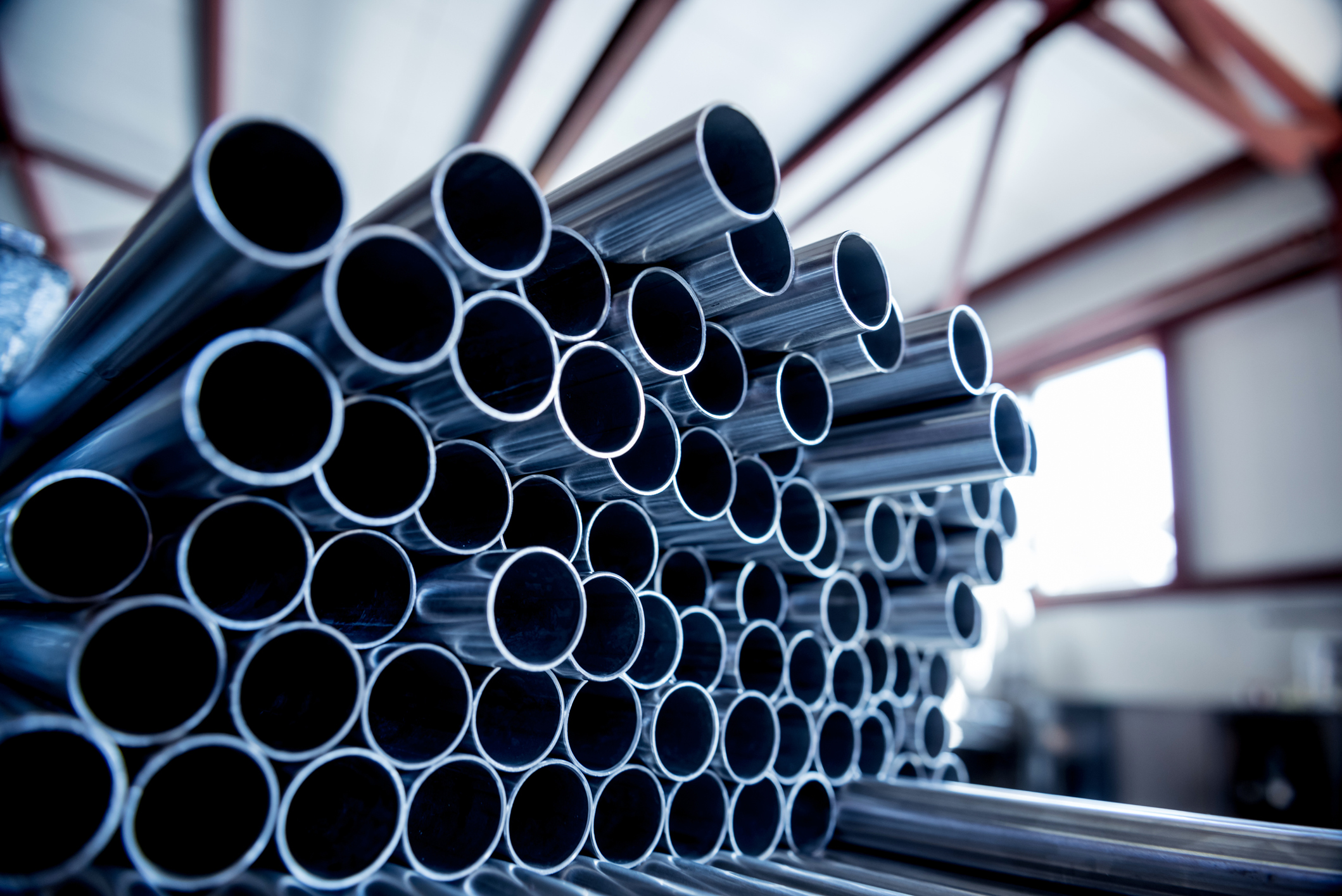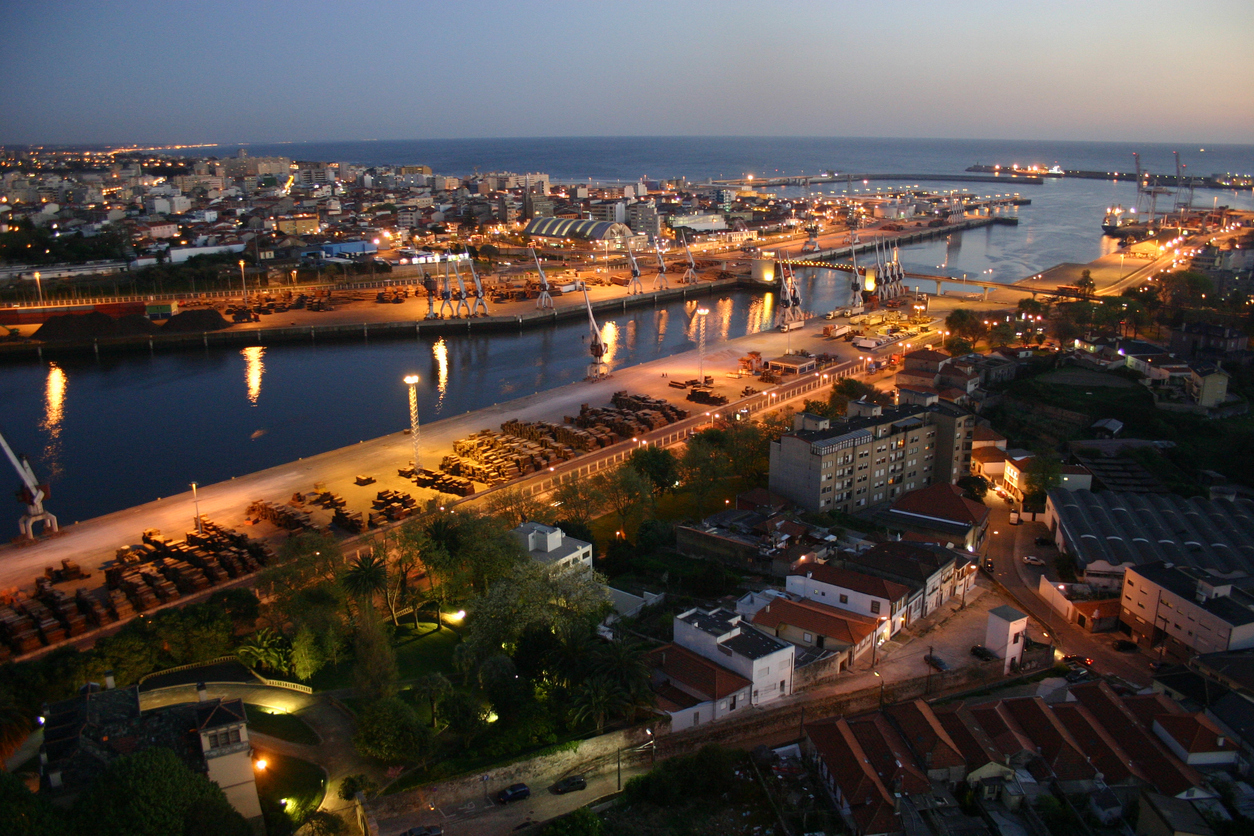
On December 2011, the EU imposed an anti-dumping duty on certain imports originating from the People’s Republic of China. More specifically, seamless stainless steel pipes and tubes were subjected to the Council Implementing Regulation (EU) No 1331/2011. Over time, however, suspicions surfaced about the circumvention of this anti-dumping measure via India. And so, in early 2017, the Directorate General for Trade of the European Commission started investigating the matter.
On 15 November 2017, following an in-depth investigation in both the EU and India, the Commission determined that cold processing in India of hot formed tubes originating from China represented a substantial transformation of the product. Enough to irreversibly alter its essential characteristics, making it an Indian product. As a result, the Commission concluded in Commission Implementing Regulation (EU) 2017/2093 that these imports from India did not circumvent the anti-dumping measure levied against Chinese products.
Good Faith
Based on the conclusions set out in this EU regulation, many European importers continued sourcing seamless pipes and tubes from Indian suppliers, in good faith and with total peace of mind. However, barely 21 months later, on 4 July 2019, the European Anti-fraud Office (OLAF) issued a report stating the polar opposite.
Relying on a questionable assessment of a particular rule of origin, OLAF interpreted that cold treatment of tubes in India does not outweigh the Chinese origin of their blanks. On these grounds, OLAF recommended to EU Member States’ customs administrations to retroactively collect the 71.9% anti-dumping duty on all past imports, and levy them on all future imports. Given the exorbitant rate and the fact that customs could go back a long way in time, these retroactive duties threatened the survival of more than one importer with a serious risk of bankruptcy.
Contradictory Findings
This unprecedented contradiction between conclusions drawn by two different bodies of the European Commission led to an inextricable situation and a total lack of legal certainty for all importers of this product. Although the EU authorities were made aware of this serious contradiction, importers were given no other option but to challenge the duty before their national administrative and judicial authorities and ultimately to request a preliminary ruling before the EU Court.
OLAF reports cannot be challenged because they are not legally binding. However, in practice, national customs authorities feel that they are practically obliged to adhere to OLAF’s findings because of the – mistaken – perception that individual Member States can be made liable for any uncollected duties if OLAF’s recommendations aren’t automatically and blindly followed.
Unsurprisingly, a number of German, Austrian and Italian customs administrations – later followed by those of the Netherlands, Belgium, France and other EU countries – decided to go with OLAF’s recommendations and claim retroactive duties on these Indian imports. Importers were left with no other option than to pay while waiting for justice to settle this matter.
National Jurisdiction
The niche market for seamless stainless-steel tubes and pipes was in complete chaos: depending on whether they would follow OLAF’s report or DG Trade’s conclusions in the anti-circumvention investigation, local customs authorities would apply or not the anti-dumping duty to the same imports. And with respect to some past imports (though not all) and in some EU Member States (though not all), the anti-dumping duty was claimed retroactively. And when disputes were brought before national courts, decisions were far from uniform.
Customs administrations fall under the jurisdiction of individual EU Member States, giving national courts judicial competence to hear customs cases. However, when it comes to deciding once and for all between two diametrically opposed interpretations by two different European Commission bodies, only the national judicial court of a Member State can refer a prejudicial question to the European Court of Justice for a preliminary ruling.
EURANIMI and its victimised member companies coordinated efforts and cooperated very closely with two German law firms and EURANIMI’s Brussels attorneys in bringing this first dispute before the European Court through a German court.
The preliminary ruling on the case, given by the Court of Justice of the European Union on 21 September 2023, is largely in line with the position defended by EURANIMI’s importers. We trust that the Court’s decision will contribute to bringing, at last, some much needed clarity in this market.
Related Articles
Case Documents
Please log in as a member to consult all related case documents.



